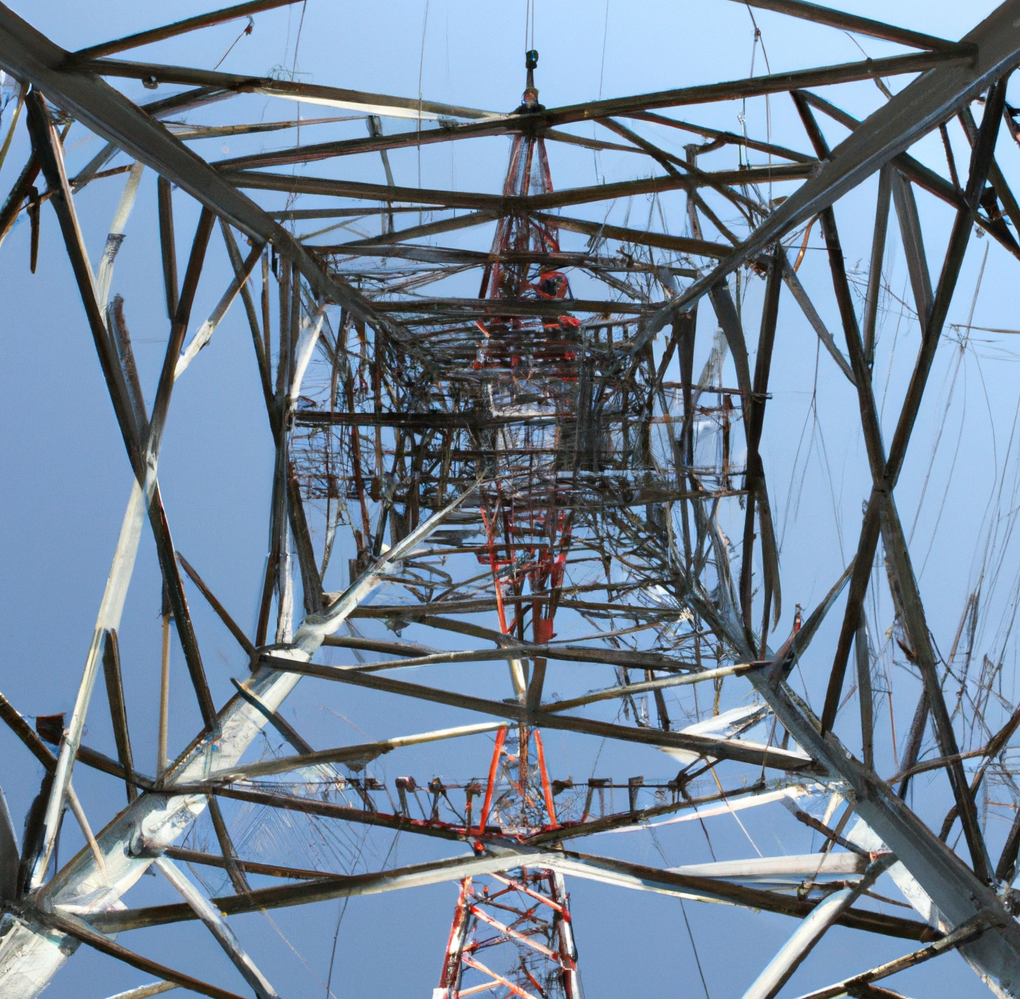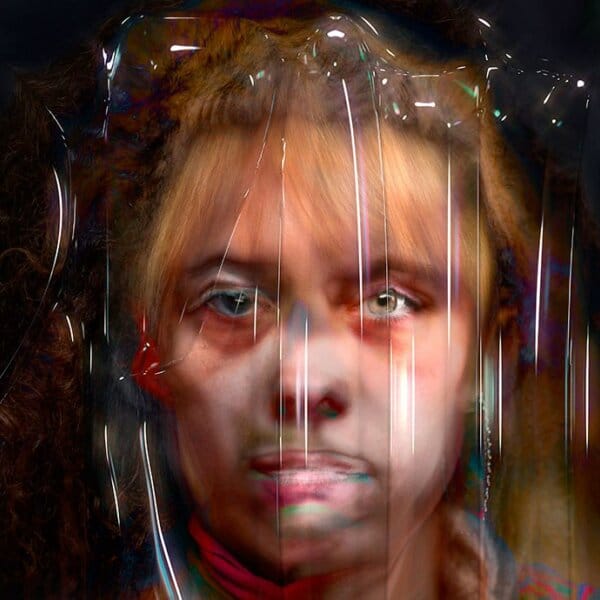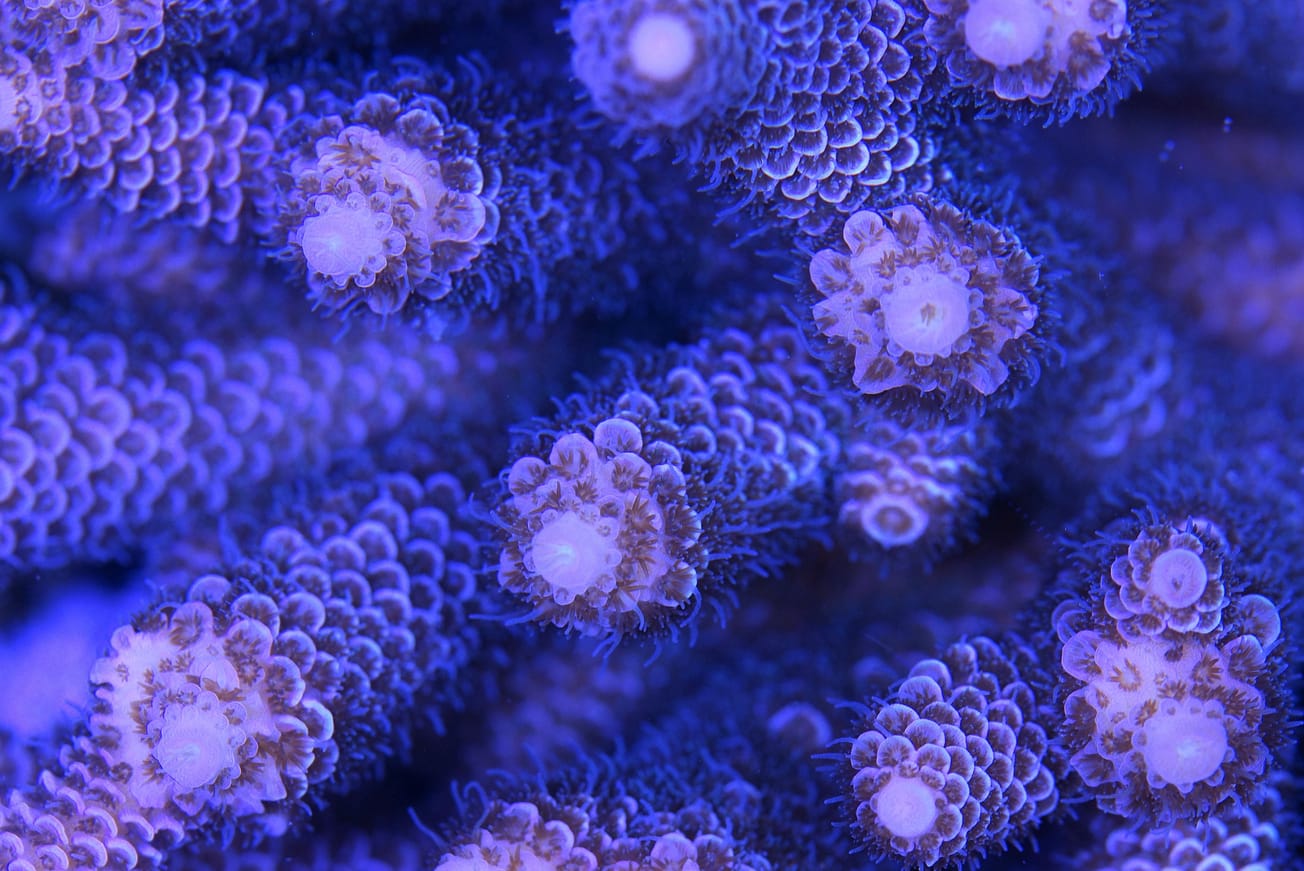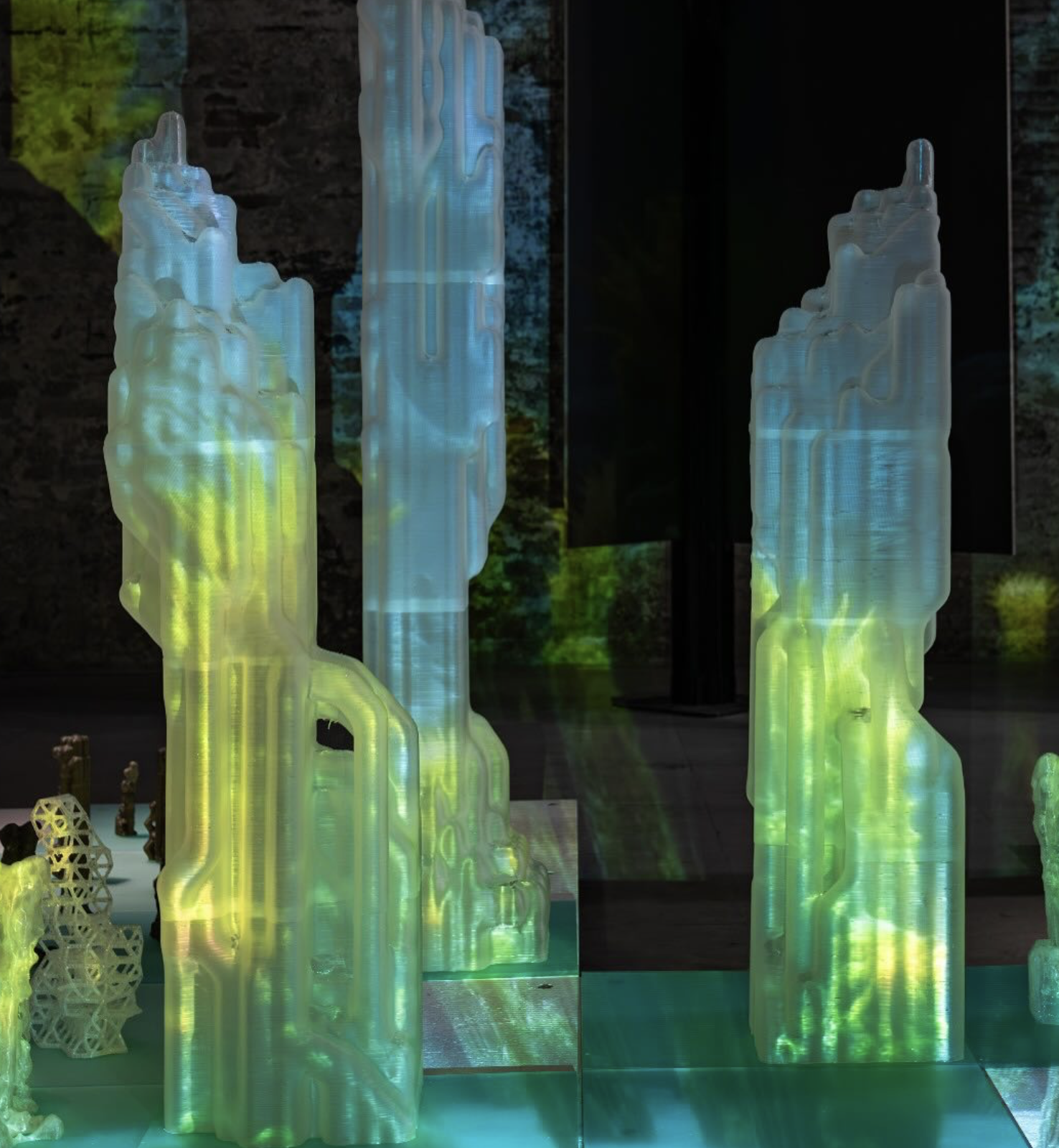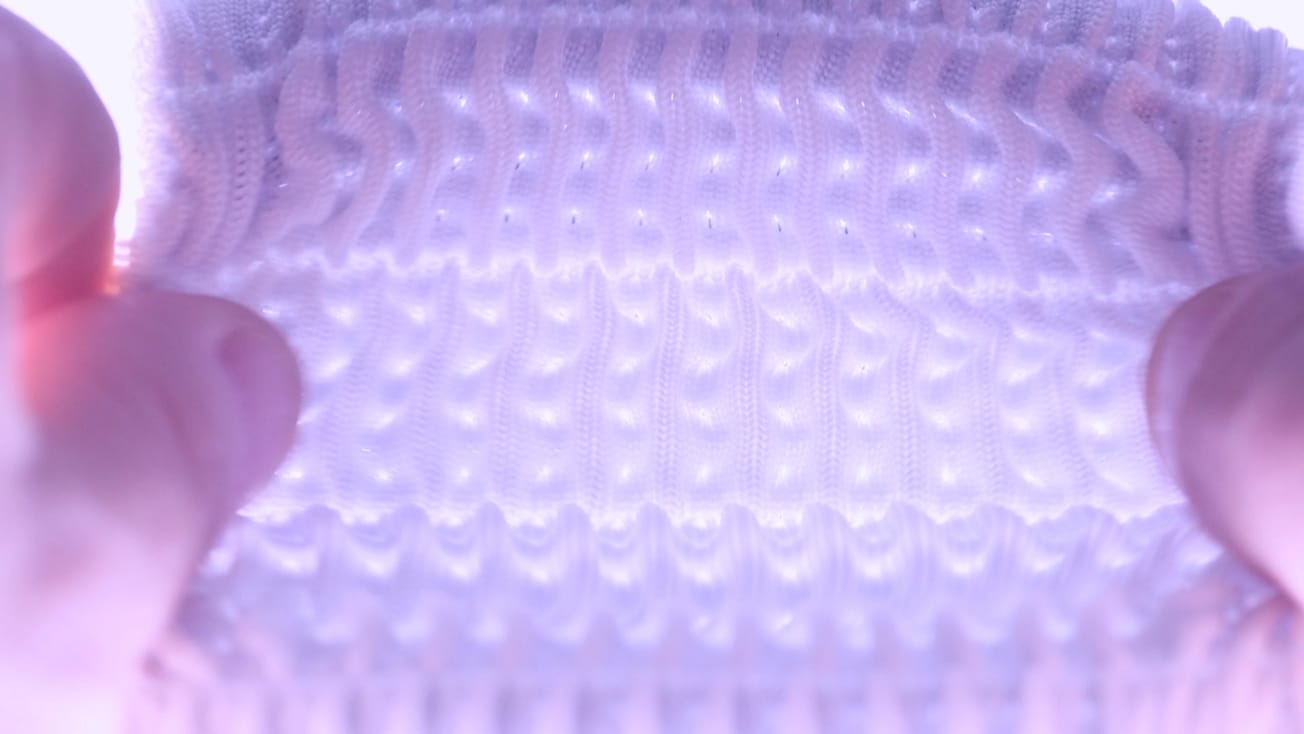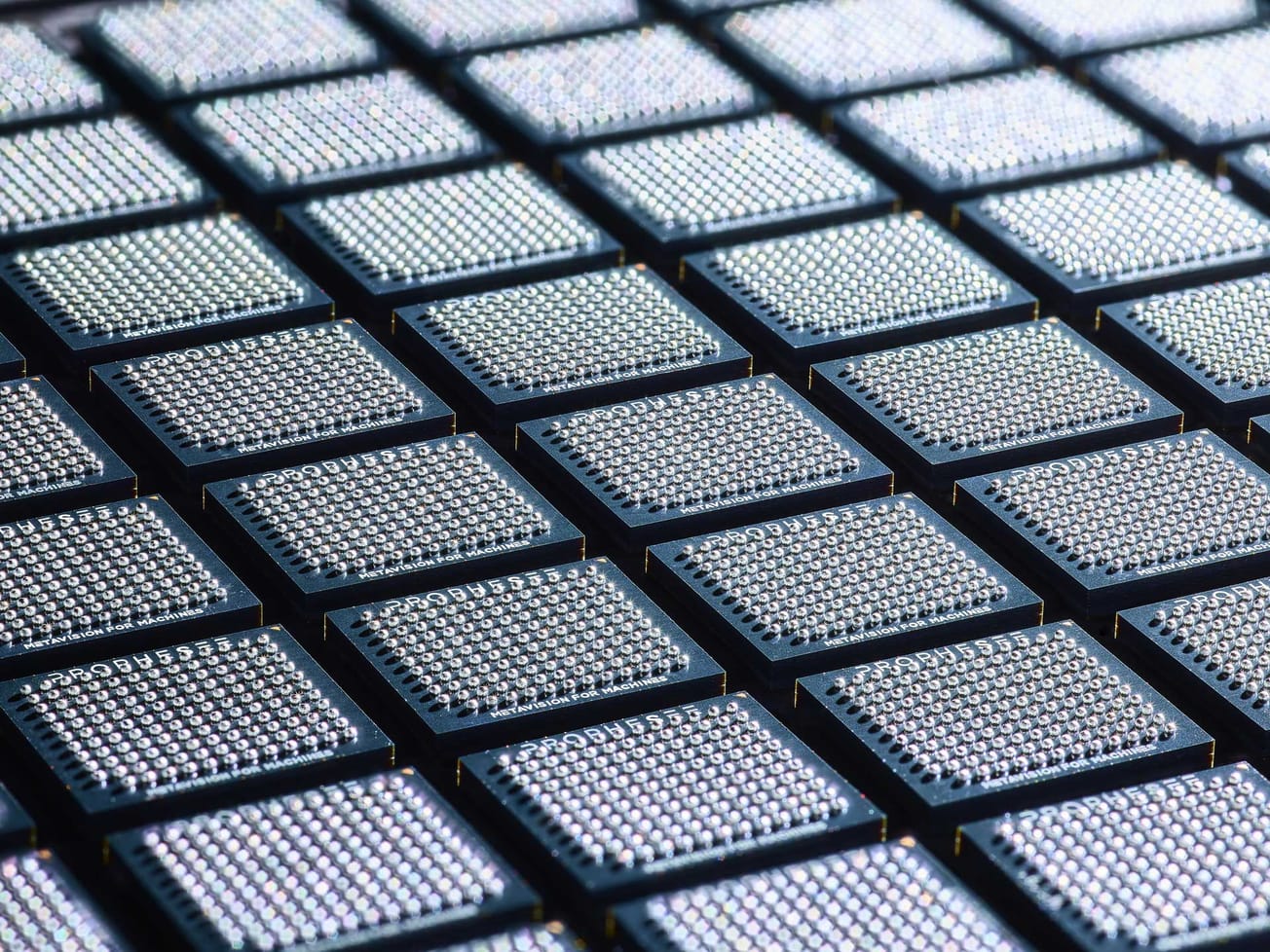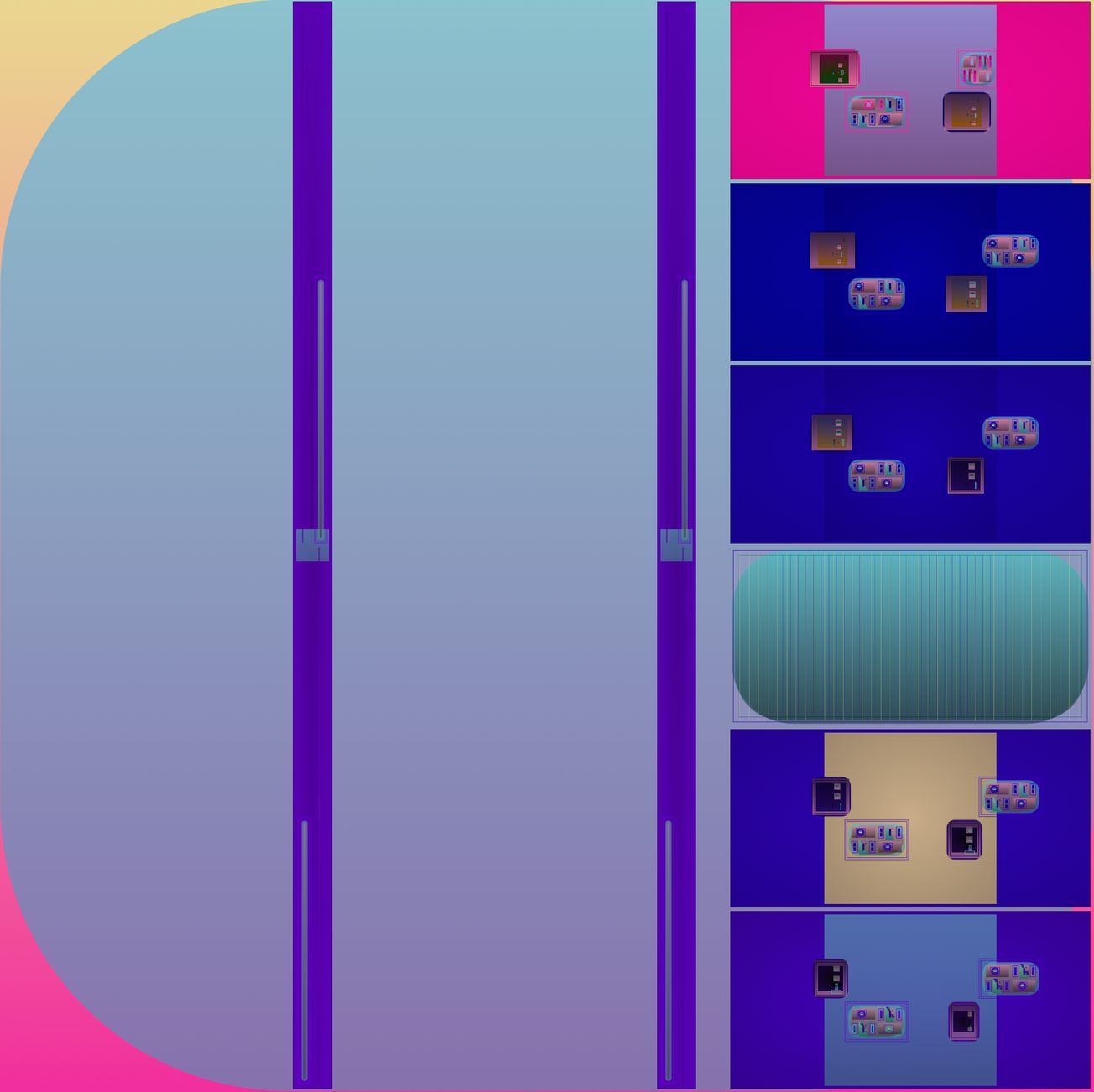The concept of authorship in art has undergone a profound evolution, influenced by post-structuralist theories and now propelled into uncharted territories by the advent of artificial intelligence (AI). In this article, we discuss the dynamic landscape of authorship, exploring how artists have challenged traditional notions of authorship and how AI is redefining the creative process. From the deconstruction of authorial authority to the emergence of distributed, collective, and generative forms of authorship, the future of authorship in art informed by computational and networked technologies can potentially reveal new insights into the lived human experience.
The post-structuralist movement shattered the notion of a singular and authoritative voice. Influential theorists like Roland Barthes and Michel Foucault shed light on the complex interplay of language, power, and meaning, suggesting that the author's intent is not fixed but constantly negotiated by the viewer. This shift opened the door for diverse interpretations, collaborative efforts, and the recognition of collective authorship, challenging established hierarchies and inviting more inclusive and democratic meaning-making processes.
The concept of authorship expanded to encompass collaborative practices, where artists collaborate with other artists, communities, or even the public. Through collective authorship, projects emerge that celebrate shared experiences, diverse perspectives, and the breaking down of boundaries. Collaborative processes blur individual authorship and embrace the co-creation of meaning, fostering a sense of communal ownership and enriching the artistic landscape with new narratives and voices.

Artificial intelligence has introduced a groundbreaking paradigm in authorship, for good or for bad, raising questions about the role of human creators and the creative potential of machines. AI algorithms can analyze vast amounts of data, generate novel ideas, and produce artworks that challenge conventional notions of authorship. Artists can collaborate with AI systems, creating a unique fusion of human creativity and machine intelligence. These collaborations can potentially push the boundaries of authorship, inviting us to question what it means to be a creator in the age of intelligent machines, to be a critical thinker and creative maker.

As AI technologies advance, we are witnessing the emergence of machine-made art, where algorithms independently generate artworks without direct human intervention. This raises important questions about authorship, creativity, and the nature of artistic or creative expression. Can an AI be considered an artist in its own right? How do we define authorship when the human hand is absent? Exploring machine-made art invites (or pushes) us to reflect on the essence of creativity and our evolving relationship with technology.
In the midst of this evolving landscape, artists are finding novel ways to navigate the intersection of human creativity and AI-driven processes. Perhaps we will see, in the near future, forms of hybrid authorship emerge, wherein artists use AI as a tool, harnessing its capabilities while infusing their own vision, intention, and emotion into the artwork. The human touch remains a vital element, guiding and shaping the output of AI systems. Hybrid authorship could take shape as a delicate balance between human agency and machine intelligence, reflecting the evolving dynamics of artistic authorship.
The evolution of authorship in art, propelled by post-structuralist theories and the advent of AI, challenges our preconceptions of creativity, individuality, and the role(s) of the artist-at-large. From the deconstruction of authorial authority to the collaborative efforts of collective authorship and the emergence of AI as a co-creator, the future of authorship in art is a dynamic and ever-evolving realm.

